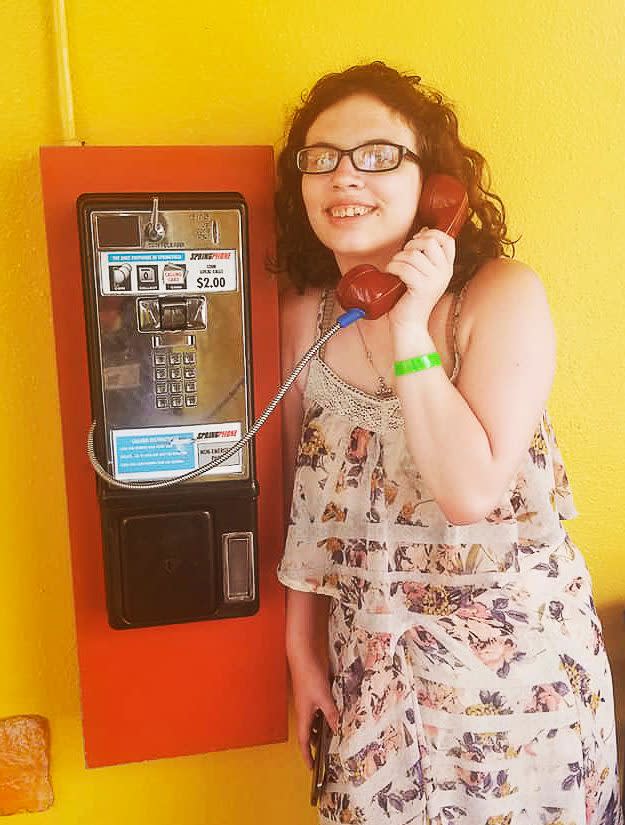Expert Explains Why Teen Girl Didn't Try to Escape Captivity for 13 Months: 'You Give Up Hope'
While in captivity after being kidnapped by a man she’d met online, Hailey Burns was resigned to her fate: She was never going home.
In May 2016, Burns, then 16, walked out of her Charlotte, North Carolina, home to meet the 31-year-old man, Michael Wysolovski. He kidnapped her, and Burns says that in the ensuing 13 months, she was raped, tortured, starved and sometimes locked for hours in a dog cage during her long captivity at multiple locations in Georgia.
In June 2017 Burns was rescued after she accessed the internet and shared her harrowing tale with a woman in a chatroom.
Addressing why she waited so long to ask for help, Burns, now 19, says Wysolovski told her that her parents didn’t want her and controlled all aspects of her life, including what she ate, what she wore and when she spoke.
Dr. Michele Galietta, Associate Professor of Psychology at the John Jay College of Criminal Justice in New York City, explains the mindset of people held in captivity: “You give up hope,” she tells PEOPLE. “No one really knows how they would act when they are removed from all social support and really tortured, beaten, starved and deprived of contact.”
• Want to keep up with the latest crime coverage? Click here to get breaking crime news, ongoing trial coverage and details of intriguing unsolved cases in the True Crime Newsletter.

Wysolovski tested his control over Burns by bringing her to supermarkets to buy things she had “earned” through sexual acts. He even moved the pair into a second home with three roommates for a few months — but Burns still never asked for help.
“You cease to trust anyone, you cease to be able to think, all the normal rules of the world kind of fall apart and particularly if he was that controlling and frightening,” Galietta says. “You really have no access to how do you know if that person— those other people— aren’t going to retaliate and hurt you or tell him and hurt you and you’re going to be dead.”
• To read Hailey Burns’ exclusive interview and hear her inspiring story of survival, subscribe now to PEOPLE or pick up this week’s issue, on newsstands Friday.
When she went missing, Burns weighed around 120 lbs. When she was rescued, she weighed only 87 lbs. Galietta says the teen’s weight loss impacted her behavior.
“One of the things about being undernourished is that cognitively when you are that low weight you cannot think, your thinking becomes severely impaired,” Galietta says. “You’re literally just surviving, just moving from one thing to the next.”
In May, Wysolovski, 33, who originally faced charges of rape, aggravated sodomy and false imprisonment, pleaded guilty to first-degree cruelty to children and interstate interference after agreeing to a deal with Gwinnett County prosecutors.
He was sentenced to 10 years probation and will not spend any time in prison. He will have to register as a sex offender for life.

